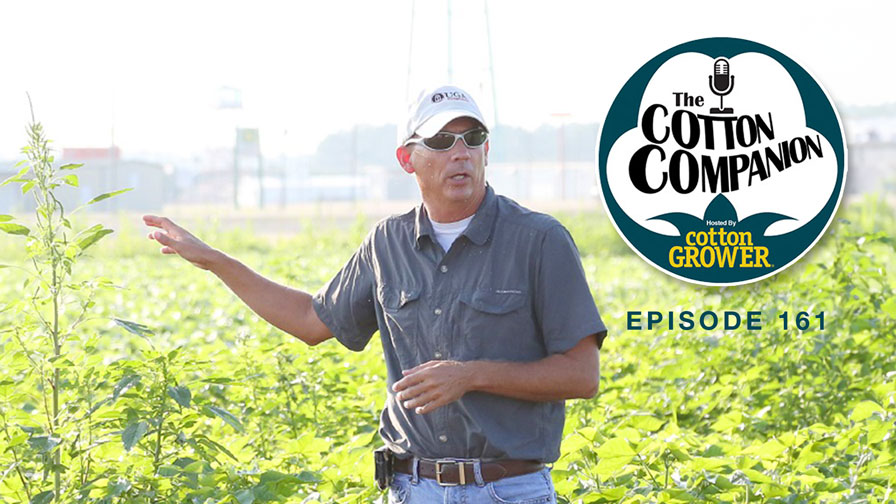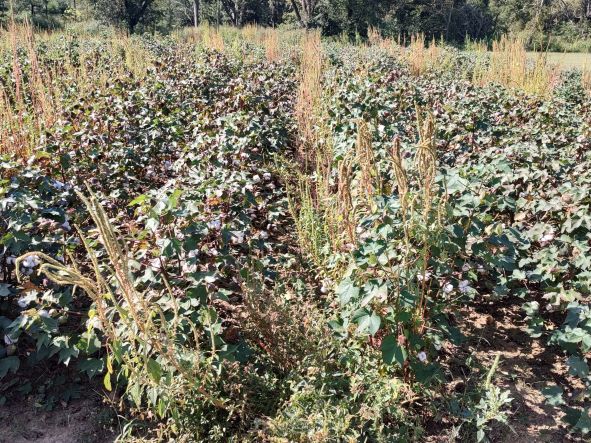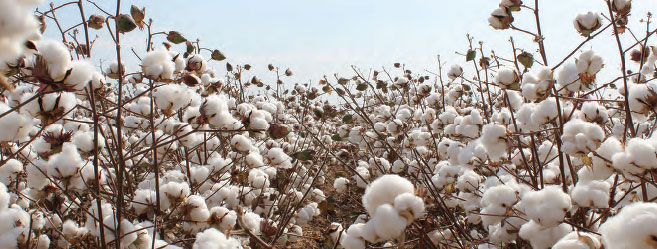2019: NCC Focuses on Farm Law Enactment, Regulatory Issues
The National Cotton Council placed great emphasis in 2019 on ensuring U.S. cotton’s voice is heard regarding farm law implementation and on regulatory activity that could undermine the industry’s competitiveness.
NCC staff participated in a USDA listening session for stakeholders to provide comments on issues and priorities for implementation of the Agriculture Improvement Act of 2018 (farm law). The NCC also filed comments with USDA regarding the industry’s priorities and joined numerous other agricultural organizations on a letter to Agriculture Secretary Sonny Perdue regarding farm bill implementation and farmer decision aids. The groups requested the Secretary “quickly allocate funding to begin this important education effort in addition to timely implementation.”
After USDA initiated farm law implementation, the NCC provided timely information to its members. The NCC conducted four webinars that covered Seed Cotton ARC/PLC election, 2019 and 2020 crop enrollment, marketing loan provisions, program eligibility provisions, and the Economic Adjustment Assistance for Textile Mills. The NCC also posted on its website the webinar presentation and a series of YouTube presentations covering the presentation’s major elements.
NCC staff also participated in another USDA listening session regarding implementation of farm bill export promotion programs. The NCC’s comments noted that the U.S. cotton industry has long utilized the Market Access Program and Foreign Market Development program which have taken on greater importance in the current global trade climate.
Another important action regarding implementation involved the NCC joining with numerous other organizations on a letter to the House and Senate budget committees’ leadership urging them to reject calls for additional cuts to policies within the jurisdiction of the Senate Committee on Agriculture, Nutrition and Forestry or the House Committee on Agriculture. The letter conveyed the message that, “The 2018 Farm Bill improves upon reforms made in 2014 and is budget neutral, with the measure projected to spend far less over 10 years compared to the 2014 Farm Bill. The bill does so while also…providing farmers and ranchers with the risk management certainty needed in this uncertain environment.”
In the regulatory arena, the NCC remains active monitoring court cases, agency rulemaking and other activity on issues ranging from endangered species to worker protection standards. We also continue to be diligent in commenting on proposed rules.
A good example was the NCC’s attention and involvement on the Waters of the United States (WOTUS) issue.
After the U.S. Army Corps of Engineers and the EPA published the WOTUS revised definition in the Federal Register, the NCC submitted comments. Among points made was the need for the rule to strengthen the prior converted cropland exclusion with the idea that “ditches” and “impoundments” didn’t need their own categories.
Later, the NCC issued a statement applauding the EPA/Corps signing of a repeal of President Obama’s 2015 WOTUS rule – an event the NCC attended. In a NCC statement, Chairman Mike Tate noted that “cotton producers and all of agriculture deserve a commonsense and understandable rule that not only ensures environmental and human health but protects farmland and our rights to conduct our operations in a responsible and economically sustainable manner with flexibility that wasn’t present under the 2015 rule.”
After the repeal was published in the Federal Register, the NCC continued to follow the rulemaking process which was to have included a replacement final rule that was scheduled for publication before year’s end.









